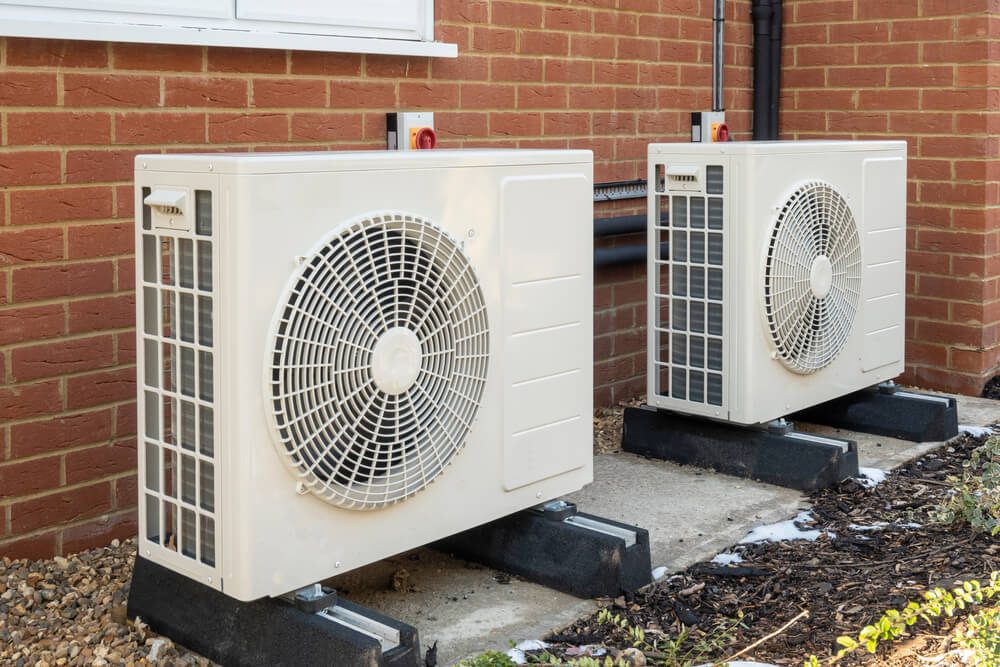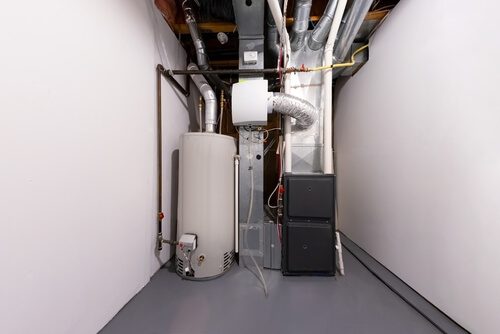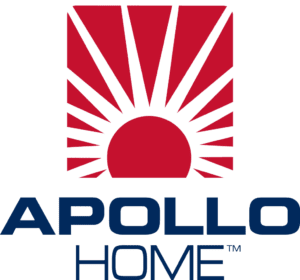Heat Pump or Furnace: Which is Best for Cincinnati Homes?
Homeowners often ask which is better—a heat pump or a furnace? Whether planning a new home build or needing to replace your heating or cooling system, it’s best to weigh your options.
So, what is the difference between a furnace and a heat pump? If you are unfamiliar, heat pumps offer the dual function of both heating and cooling. A heat pump moves heat around from indoors to outdoors. It can gather heat from the air outside and bring it inside during the winter. In the summer, it can gather heat from inside the house and put it outside.
A furnace, however, only performs heating. For instance, a gas furnace uses combustion to create heat and warm the house. Since a furnace only heats, your home will require additional equipment to properly cool it in the form of air conditioning.
For this reason, it’s best to weigh the pros and cons of heat pumps vs. furnaces.
Heat Pump Pros and Cons

Heat pumps have a lot to offer residents of Ohio, Kentucky, and Indiana. If you are considering replacing your heating or cooling system, replacing both with a heat pump may be best.
Consider the following advantages of having a heat pump:
- Low Operating Costs: Perhaps the number one reason to invest in a heat pump is their significantly lower operating costs over time compared to traditional heating systems. Heat Pumps can reduce the electricity used by your heating system by up to 50 percent, according to Energy.gov. You can visit Energy Star’s Savings Calculator to see how much you can save.
- Dual System: While a heat pump will cost more than a standard furnace or AC individually, it is usually cheaper than buying both together. Your heat pump gives you year-round comfort, giving your home an all-in-one system to rely on rather than two separate entities.
- Eco-Friendly and Safe: Because heat pumps do not use combustion, you don’t have to worry about carbon monoxide poisoning or adding pollutants to the atmosphere.
- More Even Temperatures: Heat pumps do not produce heated air as intensely as furnaces. The outputted air is warm but not as warm as a furnace. This means the heat pump runs longer and gradually warms up the house. The longer run times also move air through the house, pushing more air through your HVAC filter and helping remove dust.
- Tax Credits and Rebates: You can get tax rebates and credits from the federal government and sometimes local governments for both heat pumps and furnaces. You are more likely to qualify with a heat pump, however.
On the other hand, you’ll also want to consider the disadvantages of heat pumps, as they may not be for everyone. These can include the following:
- Higher Installation Costs: Heat pumps are more complex and expensive to purchase and install. However, they are often less costly than purchasing and installing an AC and a heater together.
- Reduced Efficiency in Extreme Cold: The colder it is, the less efficient the unit becomes. If temperatures drop below what the heat pump can efficiently transfer, it has a less efficient electric heating element that will kick in instead.
- Defrost: Sub-freezing temperatures can cause frost to form on outdoor heat pumps. The defrost mode must activate and melt the ice before operations can continue. Defrost mode pauses the flow of heat and increases operating costs.
- Drafts: Because heat pumps run for longer cycles, air is constantly circulating through the house, which can begin to feel a little drafty if it’s too far from a warm air vent.
- More Noise: Longer running cycles mean the compressor and fans run longer, creating noise for longer periods than a furnace would.
- Lifespan: Heat pumps have a lifespan similar to an air conditioner’s—about 10 to 15 years. A gas furnace, on the other hand, can typically last 15 to 20 years.
In general, heat pumps are more energy efficient and cost less to operate than standard furnaces. They don’t risk carbon monoxide poisoning and function as both a heater and cooler. However, they are more costly to install, require more maintenance, and may struggle in extreme cold situations.
Advantages of a Furnace Over a Heat Pump

Furnaces have a few advantages over heat pumps. They heat rooms faster, with warmer air blowing through the vents. This creates larger heat differentials, which some prefer and some dislike. Furnaces have a service life of 15 to 20 years if properly maintained.
A furnace is an indoor unit, unlike a heat pump. This eliminates the risks of debris or pest infestations that an outdoor unit may be prone to.
The drawback to furnaces is that they introduce the risk of carbon monoxide poisoning. Regular furnace maintenance inspections, filter changes, and a carbon monoxide detector can mitigate these risks.
Professional Heat Pump & Furnace Installations
Apollo Home’s expert NATE-certified HVAC technicians have the training and experience to expertly install both heat pumps and furnaces in Greater Cincinnati, Northern Kentucky, and Dayton, Ohio. Our experts will work with you to determine which system will work best for your needs.
We also offer repairs and maintenance for both heat pumps and furnaces. We’ll ensure that your systems run efficiently and safely for years to come. Schedule an appointment today for a quote on a heat pump or furnace installation in Ohio or Northern Kentucky.
Flexible financing options are also available to help with installation costs. Contact us today at 513-540-3696 to learn more.
